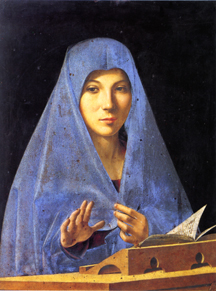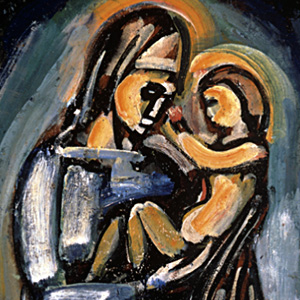Here are a few of the prayers I’ve written or arranged for our Epiphany service on Sunday. Next week I’ll share an image or two from the group show we’ve put together for the season.
Prayer of Confession:
Please join me in a responsive prayer of confession. I will read the light print and we will read the bold print together.
God, like the magi, we are unlikely traveling companions in the faith.
Some of us are wanderers, some of us are pilgrims,
But we are all strangers in strange lands.
We all speak different dialects.
We struggle to communicate with one another,
Much less with the locals.
God of Holy Mystery, our language fails
when we try to describe even your signs,
much less your Self.
And yet we blabber on in lingo
that has lost its meaning for us
and complain when the world doesn’t understand.
God, forgive us.
Instead of babblers, make us heralds, revealing You as creator of all.
Holy Spirit, we confess that even the most seasoned travelers among us
Make poor decisions when it comes to preparing
For the journey of faith you’re leading us on.
We draw our own maps that have no bearing on reality,
We carry the wrong equipment and refuse to abandon it,
Or we pack along amusements that distract us from all there is to see,
So it’s as if we never left our couches.
Spirit of All Truth, you give us all we require
for the journey, equipping, empowering,
teaching, and guiding us.
And yet we burden ourselves and others
with extra baggage unsuitable for pilgrims
that weighs us down and wearies us.
Spirit, forgive us.
Instead of tourists, make us emissaries, revealing You as wise, true, and faithful.
Jesus, we remember the gospel stories,
All the ways people approached you and left changed
And we see ourselves in them.
Some of us come like the shepherds with nothing but wonder and a capacity for joy.
Some of us come like the wise men with little frame of reference for who you really are
Or with gifts that seem inappropriate at the time.
Some of us have been waiting for you all our lives,
Some of us are just hoping vaguely for a miracle to heal us,
Some of us have left your presence sad because we can’t leave something else behind,
Some of us have committed violence in your name
because we’re still not sure what you’re about, even though we’ve walked with you for years.
Lord Jesus, you come to us
as God and as a fellow human being
inviting us into new life made whole.
And yet we pursue whomever, whatever we want
calling it by your name,
making sacrifices you don’t require,
holding tightly what binds us when you’ve told us to let go,
offering anything but the hearts you came to win.
Beloved Child of God, forgive us.
Instead of wayward children, make us disciples, revealing you as Savior of all.
Declaration of Pardon for 3 readers:
text:“Briefly It Enters, and Briefly Speaks” by Jane Kenyon,
liturgical arrangement by Jenn Cavanaugh
3: I am the blossom pressed in a book,
found again after two hundred years….
1: I am the maker…
2: the lover,
3: and the keeper….
2: When the young girl who starves
sits down to a table
she will sit beside me….
1: I am food on the prisoner’s plate….
3: I am water rushing to the wellhead,
filling the pitcher until it spills….
1: I am the patient gardener
of the dry and weedy garden….
2: I am the stone step,
the latch, and the working hinge….
3: I am the heart contracted by joy…
the longest hair, white
before the rest….
2: I am there in the basket of fruit
presented to the widow….
1: I am the musk rose opening
unattended, the fern on the boggy summit….
All: I am the one whose love
overcomes you, already with you
when you think to call my name….
Offering Prayer
It is the season of revelation… that which was waiting is now revealed… that which was hidden is now out in the open… that which was obscured is now clear… that which was masked in complexity is now plain to see… that which was reserved is now accessible to all… that which was bound in criteria is now free… that which was hope is now reality… Into the darkness has come light… the light has been revealed and it is love! We see now that every good and perfect gift comes from you and that you give us these gifts to be a blessing to others. Accept our gifts, Lord and make use of them to make your love of the world visible to all.
Closing Prayer & Benediction: based on Psalm 74:9, 12









